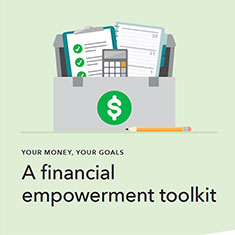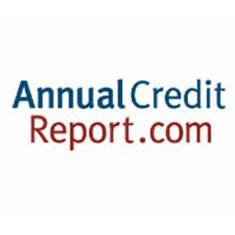Credit
Credit means being able to borrow money or buy things now and pay for them later. It's important because it helps you buy big things like homes or cars without having all the money upfront. When you use credit, you promise to pay back a lender, over time.
There are different types of credit, like loans and credit cards, each with their own rules and costs. Interest is what you pay on top of what you borrow. Your ability to borrow and the rules are based on your credit history and score, which show how good you are with money. It's important to keep a good credit history by paying bills on time and handling debt wisely.
Did you know?
To boost your credit score, make sure you don't use too much of your available credit. For example, if your credit card lets you spend up to $1,000, try to keep what you owe under $300. This would be the recommended credit utilization ratio of under 30%.

What is a credit score?
A credit score is a number that tells lenders how likely you are to pay back money you borrow. It's based on things like your payment history, how much debt you have, and how long you've had credit accounts. A higher score means you're seen as less risky to lend to, which can help you get approved for loans and credit cards with better terms.
Your credit score is based on how you pay your debts. If you pay on time, your score will go up. If you pay late or miss payments, your score will go down. Lowering your debt, especially on credit cards, will help to improve your score as well. Applying for too many new credit cards or loans can also lower your score so it’s best to apply for credit sparingly.
What is a credit report?
A credit report is like a report card for your financial history. It includes information about your credit accounts, like credit cards and loans, along with your payment history and any outstanding debts. It also shows how much credit you have available and whether you've had any issues, like late payments or bankruptcies. Lenders use this report to decide whether to lend you money and at what interest rate.
Credit bureaus, also known as credit reporting agencies, collect and maintain individual credit information, compiling it into credit reports.
There are three major credit bureaus in the United States: Equifax, Experian, and TransUnion. Each may have slightly different information on file for you, which is why your credit score can vary between them
How do I improve my credit?
Improving your credit takes time and effort, but it's doable! Here are some steps you can take:
- Pay your bills on time: Your payment history is a big factor in your credit score. Make sure you pay all your bills, including credit card bills, on time.
- Keep your credit card balances low: Try to keep the amount you owe on your credit cards below 30% of your credit limit. This shows lenders that you're responsible with your credit.
- Don't open too many new accounts: Opening lots of new credit accounts in a short period can lower your credit score.
- Check your credit report regularly: Look for any errors on your credit report and report them to the credit bureaus.
- Build a long credit history: The longer you've had credit accounts in good standing, the better it is for your credit score.
Tips for talking about credit with kids
- Start with basics: Explain what credit is in simple terms. You could describe it as borrowing money with the promise to pay it back later, and highlight the importance of repaying on time.
- Use everyday examples: Illustrate how credit works using relatable examples, like borrowing a book from the library and needing to return it by a certain date, or how a monthly phone bill works.
- Explain the value of good credit: Discuss how having good credit can help them in the future, such as when buying a car, renting an apartment, or even getting a job.

Additional Resources

CFPB: Your Money, Your Goals toolkit
Module 7 Understanding Credit Reports and Scores.

Annual Credit Report.Com
The only source for free credit reports authorized by federal law. There are three major credit reporing bureaus:

myFICO
Your FICO score is calculated using five categories. Learn more at MyFICO.com.




